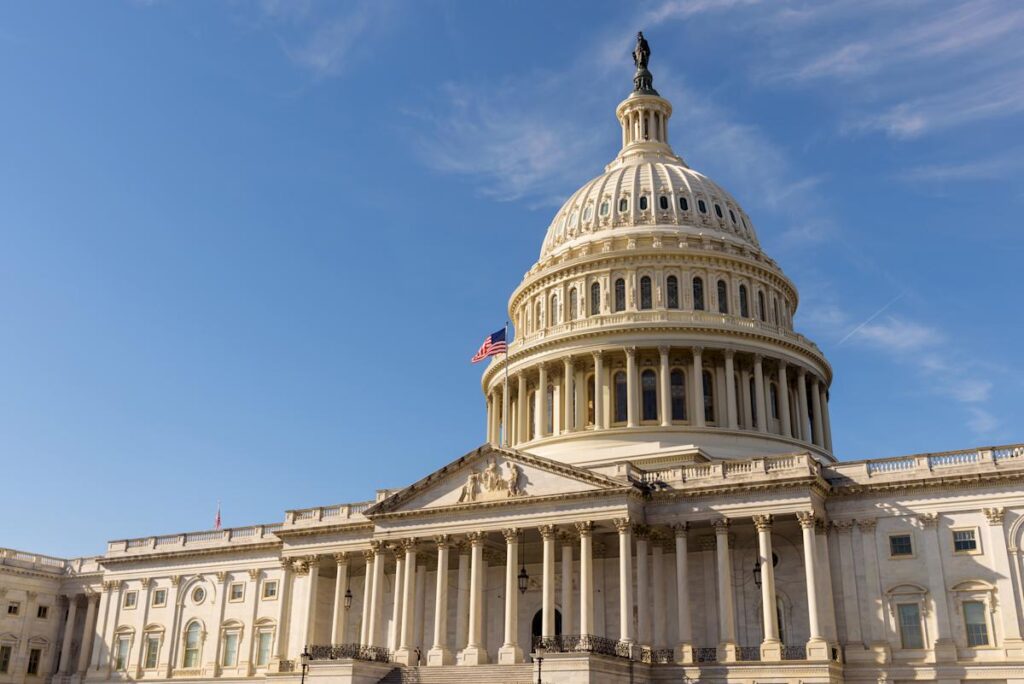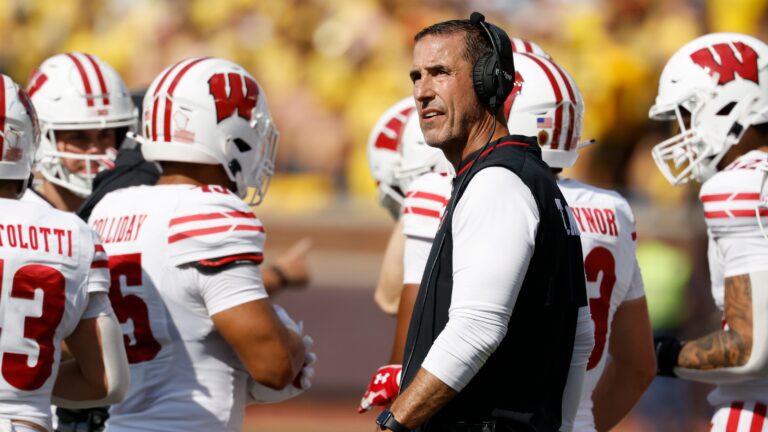
Government shutdowns are a semiannual self-inflicted congressional crisis when our political leadership decides to bargain on unrelated matters instead of funding the operations of our nation.
Congress has an Oct. 1 deadline before federal agency budgets expire, but it’s widely expected they will allocate funds through what are called “continuing resolutions” just in time to pay existing bills and avoid a shutdown.
But should the worst come to pass, here’s how a government shutdown might affect you personally.
Social Security checks and electronic payments would still be delivered even if the government shuts down. Medicare and Medicaid programs are also protected from federal funding shortfalls.
We’ll repeat that for those in the back: Retirees will still get their monthly Social Security checks, and healthcare benefits will not be disrupted.
SNAP (Supplemental Nutritional Assistance Program) and WIC (Special Supplemental Nutrition Program for Women, Infants, and Children) benefits can continue if the funding shutdown is not for an extended time. Operating on a tight budget, WIC may be the most vulnerable.
Read more: What happens to Social Security payments during a government shutdown?
A government shutdown can have a major impact on student loan borrowers. The government may temporarily lay off employees — including a majority of those working for the Department of Education. This comes after the administration already made sweeping cuts in March that reduced the Department of Education’s workforce by about 50%.
The operations that would come to a halt largely affect grants — specifically, the review of grant applications and the awarding of grant funds.
DOE programs with mandatory funding, such as the Pell Grant and Federal Direct Student Loan programs, can still make payments during a shutdown. However, it may only be for a limited time — as long as funds are still available.
Overall, having fewer federal employees on the clock could delay loan processing and forgiveness and make it more difficult to ask questions or resolve issues related to your student loans.
Read more: What is the U.S. debt ceiling, and how does it impact you?
Many federal workers, including airport security and air traffic control, are considered essential and required to continue working during a government shutdown. But you should still be prepared for potential delays and slower wait times at the airport.
Other services may differ. If you need to update your passport or obtain a visa before travel, the US State Department says services will be operational as long as fees are available to support them. Still, issuance of passports could be delayed, and national parks and museums could close or offer limited services.
In short: The longer a potential shutdown drags on, the more disruptive it could be to your travel plans.
If you’re concerned about long security lines, consider signing up for TSA PreCheck now. Several credit cards offer a credit toward your application fee, including the Chase Sapphire Reserve®, Capital One Venture Rewards Credit Card, and Bank of America® Premium Rewards® credit card.
You may not qualify for coverage if you miss your flight due to long security lines, but travel insurance could also be useful in the case of a flight delay or cancellation. Some credit cards with travel insurance include the Chase Sapphire Preferred® Card and The Platinum Card® from American Express (see rates and fees). Always read the fine print to ensure a policy covers what you need, and don’t forget to check your airline or hotel’s flexible cancellation policies.
The economy and your investments
The impact on the economy, including your investments, will depend on the length of a government shutdown. Since government payments are delayed, not diminished, the effect may be minor if congressional leaders resolve the matter quickly.
For the stock and bond markets, investor sentiment may be jarred over the short term. That could mean temporary market volatility. In other words, you might not want to check your 401(k) retirement balance or mutual fund statements quite so often. Remember, your long-term investments will likely weather any week-to-week losses if you don’t sell during a shutdown.
Interest payments on Treasurys would continue.
Learn more about high-yield savings, money market, and CD savings accounts.
In the event of a government shutdown, nonessential federal employees won’t be paid until the government reopens. Contractors and private companies serving the government may institute temporary employment cutbacks.
Commissaries may be closed on most US military bases, and some regional offices of the Department of Veterans Affairs may be temporarily closed, yet benefits and VA hospitals are unaffected.
Here are more federal services and how they’re affected by a potential shutdown:
-
Post office and mail delivery: Unaffected
-
Federal courts: Will remain open
The IRS and tax collections: The agency will likely reduce staff, so the phones may not be answered — but payments will be collected.
Editorial Disclosure: The information in this article has not been reviewed or approved by any advertiser. The details on financial products, including card rates and fees, are accurate as of the publish date. All products or services are presented without warranty. Check the bank’s website for the most current information. This site doesn’t include all currently available offers.






